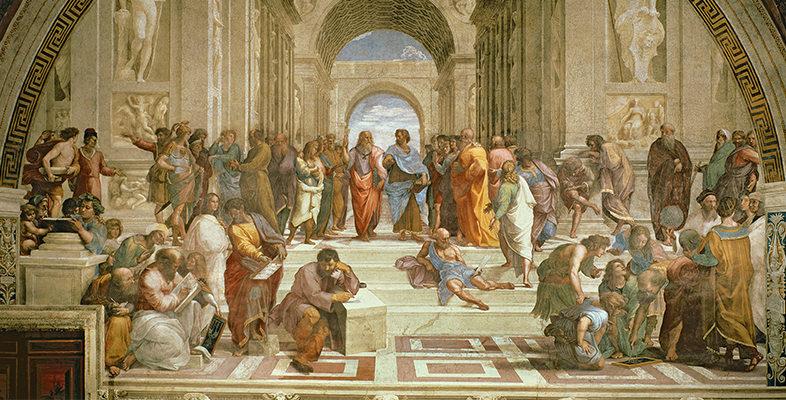Home » Course Layouts » Free Course Layout Udemy
Commercial exploitation of nature, such as mining, fracking, or generating hydro-electric power, often damages the way the natural environment looks.
0
52
English
English [CC]
- Learn basic syntax that can apply to any language.
- Learn what is a programming language and the basic concepts for beginners.
- Understand what is Javascript in it's truest form.
- Know the basic syntax of Javascript.
- Know some hidden quirks in Javascript.
Description
What if the environment could be restored to exactly how it looked before? Would that mean no damage had been done, that the natural environment was as valuable as it had been before the commercial exploitation? This free course, Exploring philosophy: faking nature, examines the 'restoration thesis', and provides an insight into philosophical study at postgraduate level.
This course, Exploring philosophy: faking nature, lasts three weeks, with approximately three hours' study time each week. You can work through the course at your own pace, so if you have more time one week there is no problem with pushing on to complete another week's study. You can also take as long as you want to complete it.
Course learning outcomes
After studying this course, you should be able to:
- Understand the nature of philosophical studies
- Understand a key part of environmental aesthetics
- Understand how postgraduate study is different from undergraduate study.
Course content
-
- Introduction 00:07:00
- Key questions 00:07:00
- Your views 00:05:00
- Fake objects and real experiences 00:10:00
- Elliot: Part I 00:10:00
- Summary of Week 1 00:05:00
-
- Introduction 00:05:00
- Daisy Dixon 00:07:00
- Elliot: Part II 00:10:00
- Changing perceptions 00:15:00
- The value of originality 00:10:00
- Erich Hatala Matthes 00:07:00
- Summary of Week 2 00:05:00
- Introduction 00:05:00
- Dixon on art and nature 00:10:00
- Elliot: Part III 00:05:00
- Elliot: Part IV 00:05:00
N.A
- 5 stars0
- 4 stars0
- 3 stars0
- 2 stars0
- 1 stars0
No Reviews found for this course.










